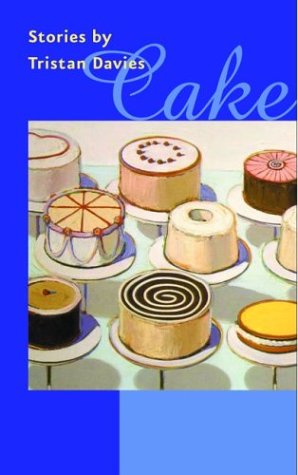Johns Hopkins: Poetry and Fiction
1 total work
Impressionistic and dreamlike, the stories in Cake explore the complexities of love and relationships in contemporary society. Linked by a sense of regret, these characters are at the mercy of their desires and uncertain longings, often with disastrous results. A young couple experiences town politics, group dynamics, and their own insecurities through a seemingly innocuous holiday ritual in "Snowflake." "Talent Show" introduces us to a series of unnamed women, their dreams and aspirations summed up in a few deceptively simple lines. One life leads into another, until we return to where we began, like a cinematic pan across a landscape of ambition gone awry. The imagery in these compact and highly visual stories ranges from the everyday to the surreal. "Buena Vista Notebook" deftly blends language and word play with the story of doomed love affairs, culminating in a chance meeting that is random yet somehow not unexpected. And "Job" relates the story of what is perhaps the most unusual meeting of two naked people in recent fiction. Comic and yet sad, its hero experiences a moment of painful clarity in the most unlikely of circumstances.
Questions of identity, love, and the nature of existence may never be answered fully (in life or in fiction), but each of these stories presents a psychological turning point, often just a fleeting moment, sometimes more bitter than sweet. And in that moment the characters are brought that much closer to the answers to some of those questions. Emotionally taut and infused with poetic imagery, Cake is a bold debut and a portrait of the crisis of the modern relationship.
Questions of identity, love, and the nature of existence may never be answered fully (in life or in fiction), but each of these stories presents a psychological turning point, often just a fleeting moment, sometimes more bitter than sweet. And in that moment the characters are brought that much closer to the answers to some of those questions. Emotionally taut and infused with poetic imagery, Cake is a bold debut and a portrait of the crisis of the modern relationship.
